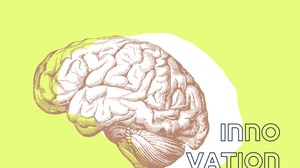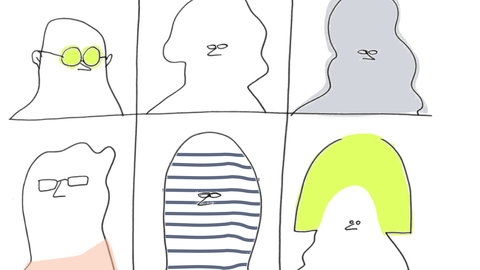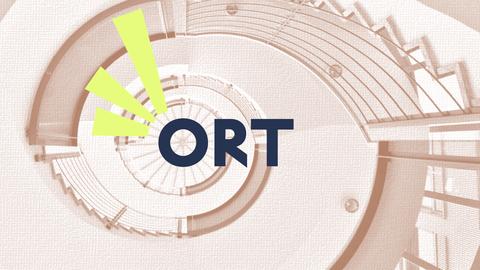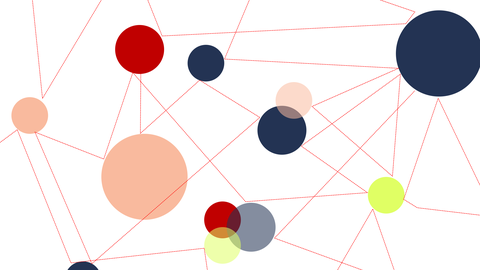Who we are and what we want
The John Dewey Research Center for the Didactics of Democracy (JoDDiD for short) is an institution at the Chair of Didactics of Civic Education. It is supported by 10 employees who bring expertise from very different areas: Didactic research, consulting, education and training, art, museum and theater education and, of course, political and democratic education. The most important thing for us at the John Dewey Research Center is that we do not want to conduct research and development in an ivory tower. We are not interested in a lofty view. Rather, our aim is to use participatory processes together with those active in the field of extracurricular and non-formal political youth and adult education to search for solutions to problems for which there is too little time in the usually narrowly defined limits of project work on the ground.
 © JoDDiD/Sonderform
© JoDDiD/Sonderform
Learn from Dewey
John Dewey's (radical) democratic orientation is reflected in the name of the research center. Instead of the established subject title Didactics of Civic Education, the name Didactics of Democracy is used. While "political education" is often discussed and thought of in terms of schools in academic debates, the work of the research center is strongly focused on extracurricular and non-formal youth and adult education. However, this conceptual accentuation is not intended to imply that civic education cannot and must not also be understood as work on democracy or that a sharp conceptual difference between civic education on the one hand and democratic education on the other can be justified. As Dewey already emphasized, both political and democratic education take place in people's everyday lives and should not be reduced to intended processes of mediating politics. Democracy and the political are experienced in concrete life situations, in specific problems and in real conflicts. For this reason, people's political or democratic self-education can and must be read as processes of politicization and the subjectivation of people in which interests, values, recognition and resources are socially negotiated. Political and thus democratic education - as political self-understanding and understanding of the world - takes place in the form of positioning within these social negotiation processes. It is important to recognize the following:
Politics is not a purely rational act, but is linked to emotional components. Empathy, commitment and enthusiasm, but also annoyance, anger and disappointment are components of politics and are also processed sensually and physically (see Besand 2019). For this reason, political education cannot focus exclusively on cognitive political analysis and judgment skills. It must be embedded in the milieus in which politics is experienced, conflicts are negotiated and crises are overcome. The work at the John Dewey Research Center for the Didactics of Democracy takes this self-image into account.
In this sense, civic education is understood to mean not only the provision of political knowledge, but above all all those pedagogical and didactic processes that are aimed at supporting people in the development of self-determined political judgment and action-taking capacity on the basis of the free democratic Fundamental Principles. The main goals of civic education are to promote the motivation to participate in shaping political life, to promote the ability to position oneself politically, the ability to make political judgments, tolerance of ambiguity and historical awareness and to acquire the tools for participation, involvement and deliberation of different opinions. Civic education is a process of education of maturity supported by subjects - and thus the addressees - that is oriented towards basic democratic values such as human dignity, justice, equality, peace, solidarity, emancipation and freedom. Civic education promotes the power to critically and reflectively assess political reality with regard to the implementation of democratic principles. It develops the skills for political participation and for shaping democratization processes. In contrast to other - especially historically known - forms of political education (Staatsbürgerkunde), civic education is therefore neither affirmative nor neutral.








